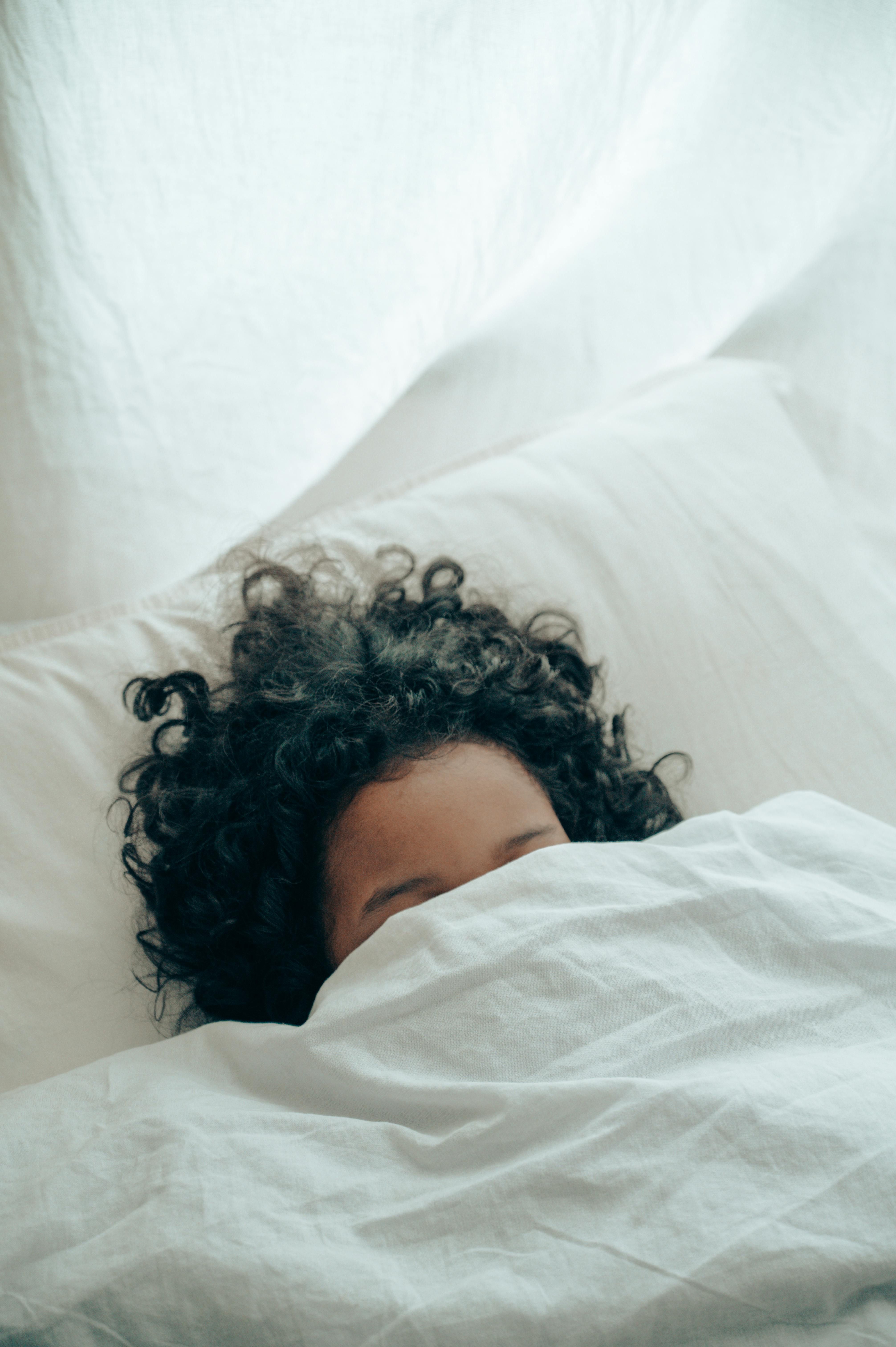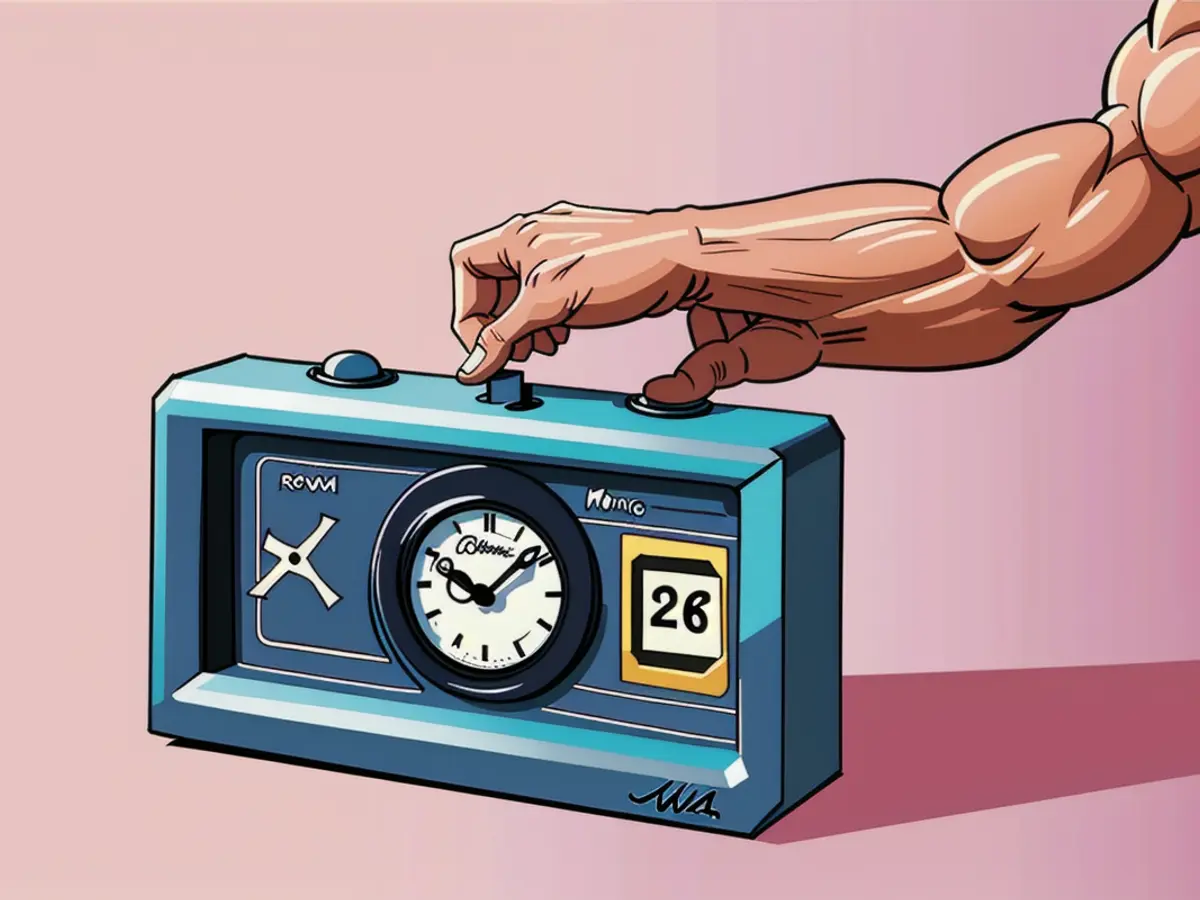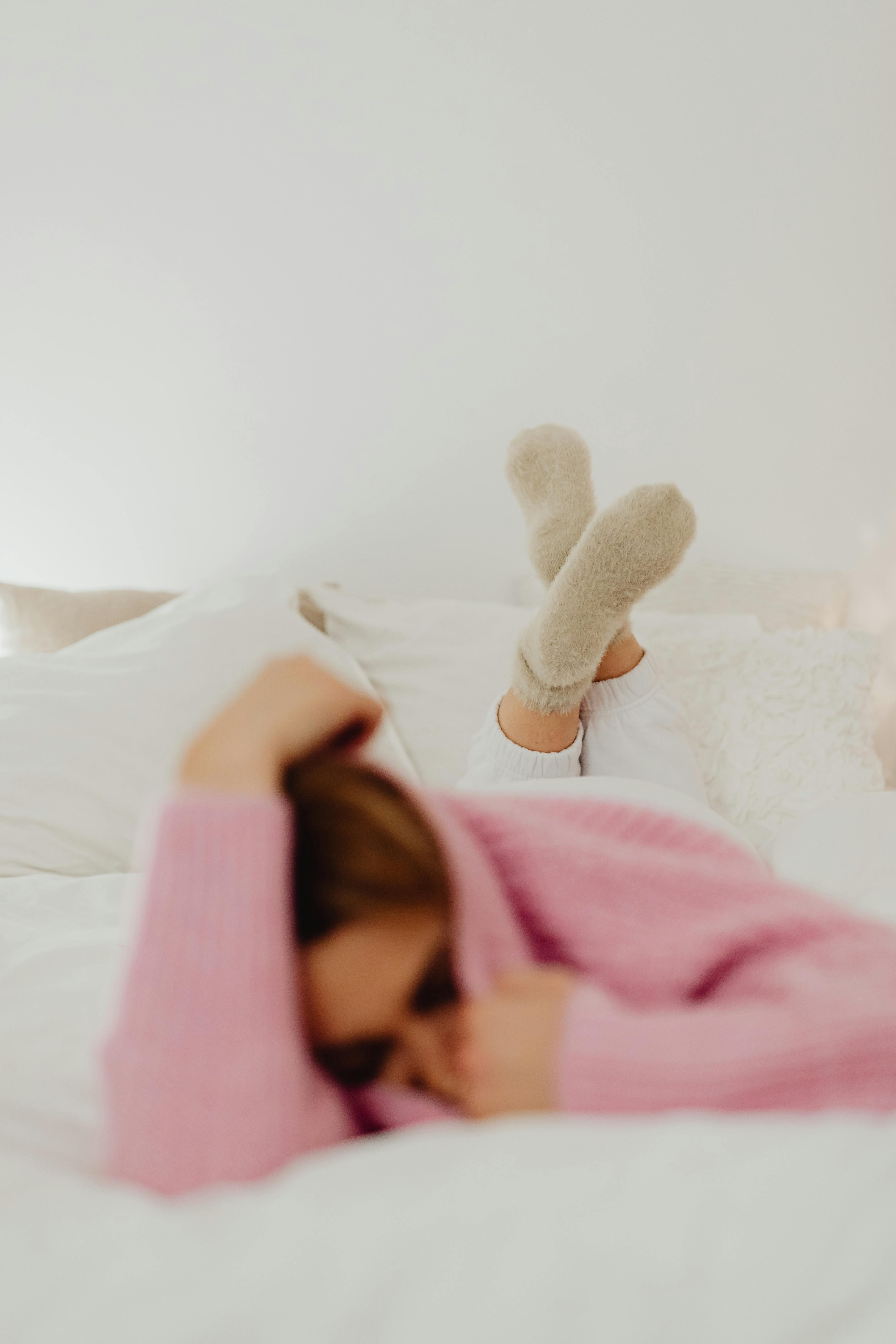Excessive Sleeping: Understanding the 10 Possible Causes of Chronic Fatigue
Struggling to find the reason why you're snoozing so much lately? It could be due to lifestyle changes, underlying health conditions, or sleep disorders. Let's explore some common causes and techniques to get your sleep back on track.
Are you simply sleeping more than the recommended 7 to 9 hours in a day, or does struggling to stay awake during the daytime signal something more serious such as hypersomnia? Hypersomnia is a condition where folks feel excessively sleepy, even after getting the recommended hours of sleep at night. Conditions like narcolepsy or obstructive sleep apnea (OSA) are often related to hypersomnia.
If you're still feeling drowsy after getting a solid 7 to 9 hours of shut-eye, these other symptoms can help you determine whether you have hypersomnia:
- Regularly taking long naps, even during inappropriate times (like at work or during meals)
- Feeling unrefreshed after a nap
- Trouble waking up or feeling disoriented upon waking
- Anxiety, irritability, low energy, or restlessness
- Slow speech, thinking, low appetite, hallucinations, and memory problems
So, what could be causing your excessive sleepiness? Sleep can have a domino effect on your entire body and life. Consider the factors below:
- Insufficient sleep: If you're regularly burning the midnight oil, catch up on your Zzz's to restore healthy sleep habits.
- Poor sleep environment: Your room should be dark, cool, and quiet for optimal sleep. Limit distractions from devices or noise, and give Netflix a rest!
- Sleep and neurological disorders: Over 80 sleep disorders exist, like narcolepsy, parasomnia, restless leg syndrome, and obstructive sleep apnea (OSA). These disorders can impact your sleep and lead to oversleeping or insomnia.
- Circadian rhythm disturbances: A mismatch in your sleep-wake cycle due to irregular schedules, jet lag, or excessive or insufficient light exposure can disrupt your body's natural rhythms and melatonin production.
- Alcohol consumption: Drinking too close to bedtime can impact your rapid eye movement (REM) sleep and lead to more interrupted sleep, making you feel more tired the next day.
- Pain: Chronic or temporary pain can make it difficult to fall or stay asleep. Be aware that some pain medications may also contribute to daytime sleepiness.
- Infection, illness, or injury: Your body may need more sleep to heal when battling an illness or infection.
- Mental health issues: Depression, anxiety, and stress can all impact your sleep patterns, causing fatigue.
- Medical conditions: Chronic medical conditions like fibromyalgia, chronic fatigue syndrome (CFS), hypothyroidism, anemia, or diabetes might make you feel excessively sleepy.
- Medications: Some medications may cause drowsiness as a side effect, so review your prescription medications for potential culprits.
Excessive sleepiness can lead to several short- and long-term health issues. To stay safe, minimize stress, and maintain good health, it's essential to address oversleeping by establishing a consistent sleep schedule, exercising regularly, avoiding caffeine and alcohol close to bedtime, maintaining a relaxing nighttime routine, optimizing your sleeping space, and seeking professional help if needed. Happy snoozing!
- A new solution for managing sleepiness could lie in understanding and addressing underlying causes such as lifestyle factors, sleep disorders, or medical conditions like hypersomnia, narcolepsy, or obstructive sleep apnea (OSA).
- To regulate your wellbeing and combat common symptoms of excessive sleepiness, avoid taking long naps during inappropriate times like at work or meals, and ensure your sleep environment is cool, dark, and quiet, free from distractions.
- When struggling to stay awake, consider whether your parental responsibilities, work hours, or lifestyle choices may be disrupting your circadian rhythm and leading to sleepiness during the day.
- For those feeling unrefreshed after a solid 7 to 9 hours of sleep, it might be beneficial to try techniques such as optimizing your sleep schedule, exercising regularly, or seeking professional help to address any underlying health issues.
- To promote good health and maintain a balanced lifestyle, it's crucial to identify and eliminate factors contributing to excessive sleepiness and prioritize habits that support both your physical and mental wellbeing.







